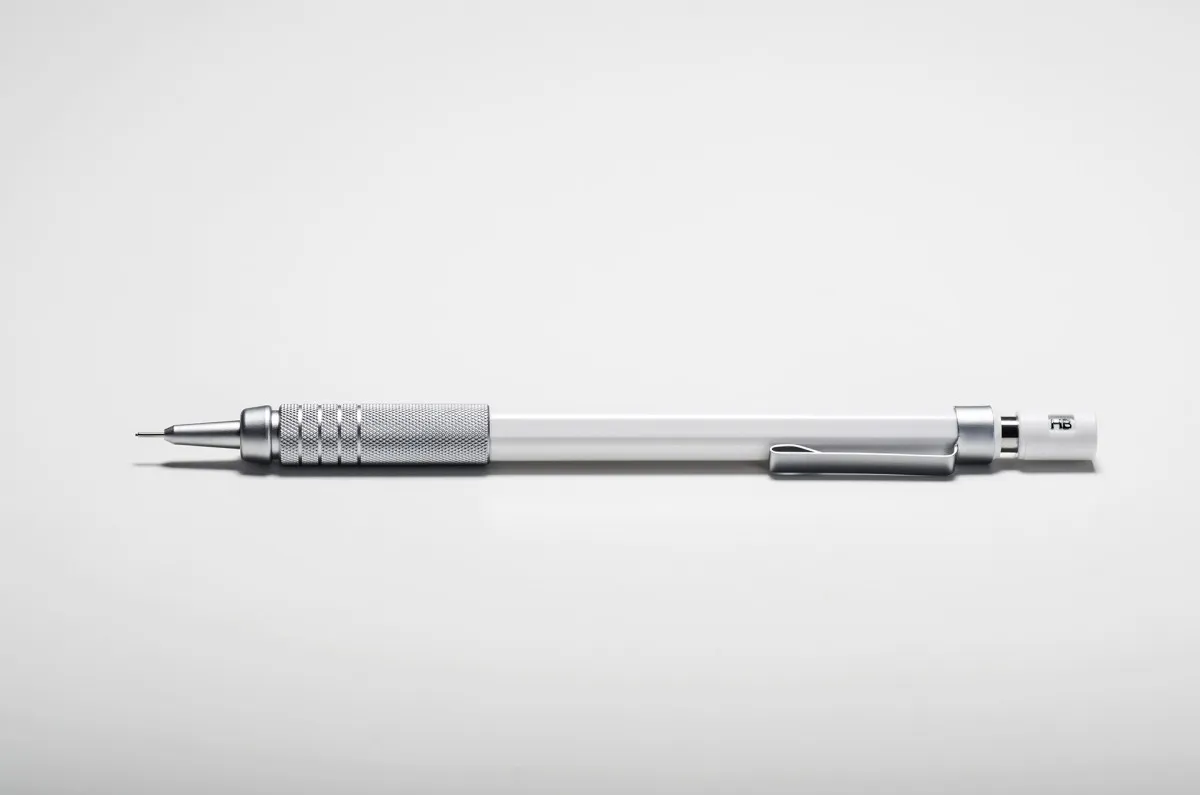ZeroWater vs Brita: A Handy Person’s Guide to Choosing the Best Water Filtration System
Are you tired of buying bottled water for your home or office? A water filtration system may be just what you need to save money and reduce plastic waste.
In this article, we’ll introduce you to the world of water filtration systems and compare two popular brands: ZeroWater and Brita.
As a handy person who is good at fixing things, you know that choosing the right water filtration system can be overwhelming. That’s why we’ll provide an overview of both ZeroWater and Brita, break down their features and benefits, and help you make an informed decision.

So, get ready to say goodbye to bottled water and hello to clean, filtered water at home or in the office. Continue reading to learn more!
An Introduction to Water Filtration Systems
If you’re a handyman who takes pride in fixing things around the house, then you might be interested in learning about water filtration systems. Specifically, the ZeroWater and Brita brands are two of the most popular options on the market today.
First off, it’s important to understand why water filtration is necessary. Even if your tap water looks clear and tastes fine, there could still be harmful contaminants lurking inside. These can range from heavy metals like lead and mercury to microscopic bacteria that can make you sick.
That’s where filters come into play: they remove these impurities from your drinking water so that it’s safer for consumption. The main difference between ZeroWater and Brita is how they accomplish this goal.
ZeroWater uses a patented 5-stage ion exchange process that removes virtually all dissolved solids from your tap water. This means that not only will harmful contaminants be filtered out, but so will minerals like calcium and magnesium that can affect taste. On top of this thorough purification process, each filter also comes with a built-in TDS meter to ensure maximum effectiveness over time.
Brita operates on a simpler activated carbon principle; as tap water flows through its filter cartridge ,the porous material absorbs chlorine taste/odor compounds along with some other common elements (such as copper or zinc). This method doesn’t remove dissolved solids entirely – which means minerals may still contribute to hard-water build-up over time – but it does offer an affordable option for many homeowners looking for basic filtration needs .
In conclusion , both ZeroWater & Brita are reliable options when choosing between them comes down largely personal preference based upon budgetary constraints or specific requirements . If thorough purification is what matters most however-then Zero Water should definitely be considered.
An Overview of the ZeroWater Filtration System
When it comes to water filtration systems, ZeroWater is one of the most popular options on the market today. If you’re a handyman who likes to fix things around your home, you may already be familiar with how these types of systems work. But if not, here’s a brief overview of what makes ZeroWater unique compared to other filtration options like Brita.
First and foremost, ZeroWater uses a patented 5-stage filter that removes virtually all dissolved solids from tap water. This means that not only does it remove chlorine and other common contaminants found in tap water, but also minerals like calcium and magnesium which can affect the taste and quality of your drinking water.
Additionally, unlike Brita filters which need to be replaced after just 40 gallons or so of use (depending on your usage habits), ZeroWater filters can last up to five times longer before needing replacement. This means less waste overall as well as fewer trips back-and-forth from the store for replacement cartridges.
Of course, there are some downsides too – mainly cost. Because they use more advanced technology than traditional carbon-based filters like those used by Brita pitchers or faucet attachments (which are much cheaper), buying into this system can certainly add up over time.
But for those who value clean-tasting drinking water without any added minerals or chemicals – or simply want an option that lasts longer between replacements – investing in a ZeroWater system could be worth considering!
An Overview of the Brita Filtration System
If you’re a handyman looking to upgrade your home’s water filtration system, you may be wondering whether to go with ZeroWater or Brita. While both brands offer effective filtration solutions, Brita stands out for its user-friendly design and long-lasting filter lifespan.
Brita’s filtration systems use activated carbon and ion exchange resin technology to remove impurities from tap water, resulting in cleaner, better-tasting drinking water. What sets Brita apart is their range of pitcher sizes and styles that fit seamlessly into any kitchen decor.
One key feature of the Brita system is its filter indicator technology that alerts you when it’s time for a replacement. This saves time and money by ensuring you only replace filters when necessary rather than guessing based on usage alone.
Another advantage of the Brita system is its affordability compared to other high-end brands while still delivering top-notch results in removing contaminants such as chlorine taste-and-odor reduction–all without sacrificing performance or quality!
In conclusion, if you’re looking for an easy-to-use solution with great longevity at an affordable price point then look no further than the trusted name in household water filters: BRITA!
Comparing the features and benefits of ZeroWater and Brita
Are you tired of constantly buying and replacing water filters for your home? ZeroWater and Brita are two of the most popular brands on the market, but which one is truly worth your investment?
Both brands claim to remove impurities from tap water, but ZeroWater takes it a step further by boasting that their filters remove 99.6% of all dissolved solids. In comparison, Brita’s standard filter only removes up to 60%. This means that ZeroWater can provide cleaner and better-tasting water than Brita.
However, this level of filtration comes at a cost. ZeroWater filters tend to be more expensive than Brita’s standard ones. Additionally, because they filter out more contaminants, they may require replacement more frequently.
Another factor to consider is capacity. If you have a large household or regularly entertain guests who consume a lot of water, then the larger capacity options from both brands would be ideal for you.
Ultimately it comes down to personal preference and budget when choosing between ZeroWater vs Brita. Both offer benefits in terms of improved taste and safety compared to tap water but with variable price points depending on how thorough you want your filtration experience as well as how much volume fits into each container before needing replacement parts such as new cartridges or refills for pitchers etcetera.
As someone who is handy around the house fixing things should also consider ease-of-use when selecting between these two systems; do you prefer taking apart complex machinery or just changing out an easy-to-swap cartridge? Consider what type will make maintenance easier over time so that there won’t be any frustration trying fix something if it breaks down unexpectedly!
Conclusion: Choosing the right water filtration system for your needs
Congratulations, handyman! You have taken the first step towards ensuring that you and your family have access to clean drinking water. But how do you choose between ZeroWater and Brita for your water filtration needs? Let’s take a closer look.
First, consider the quality of the filtered water. While both brands claim to remove contaminants from tap water, ZeroWater has been proven to remove more impurities than Brita. This means that if you live in an area with particularly poor tap water quality, ZeroWater may be the better option for you.
Next, think about convenience. Both filters require regular maintenance (replacing filter cartridges), but Brita filters tend to be easier and quicker to replace than their counterparts from ZeroWater. If ease of use is a top priority for you, then it might make sense to go with a Brita filter system.
Finally, consider cost over time. While initial costs are similar between these two brands of water filters systems; considering long term cost can save money in future expenses on replacement cartridges or other parts needed during usage as well as potential health bills resulting from contaminated waters not removed by inferior filtration systems such as those which fail at removing heavy metals like Lead or Mercury which can cause serious health risks over time.
In conclusion handyman: when choosing between ZeroWater vs Brita for your home’s drinking water needs – remember there are many factors involved including quality of filtered output versus convenience factor(s) like ease-of-use etc., so make sure all considerations are weighed before making final decision – happy shopping!
Conclusion
Choosing the right water filtration system can be difficult. After considering all of the features and benefits, it comes down to you making an informed decision based on your specific needs. Both ZeroWater and Brita offer quality filtration systems, so take some time to compare them side-by-side before committing to one or the other. If you need any help in making a decision on which water filter system is best for your home, please don’t hesitate to reach out!










